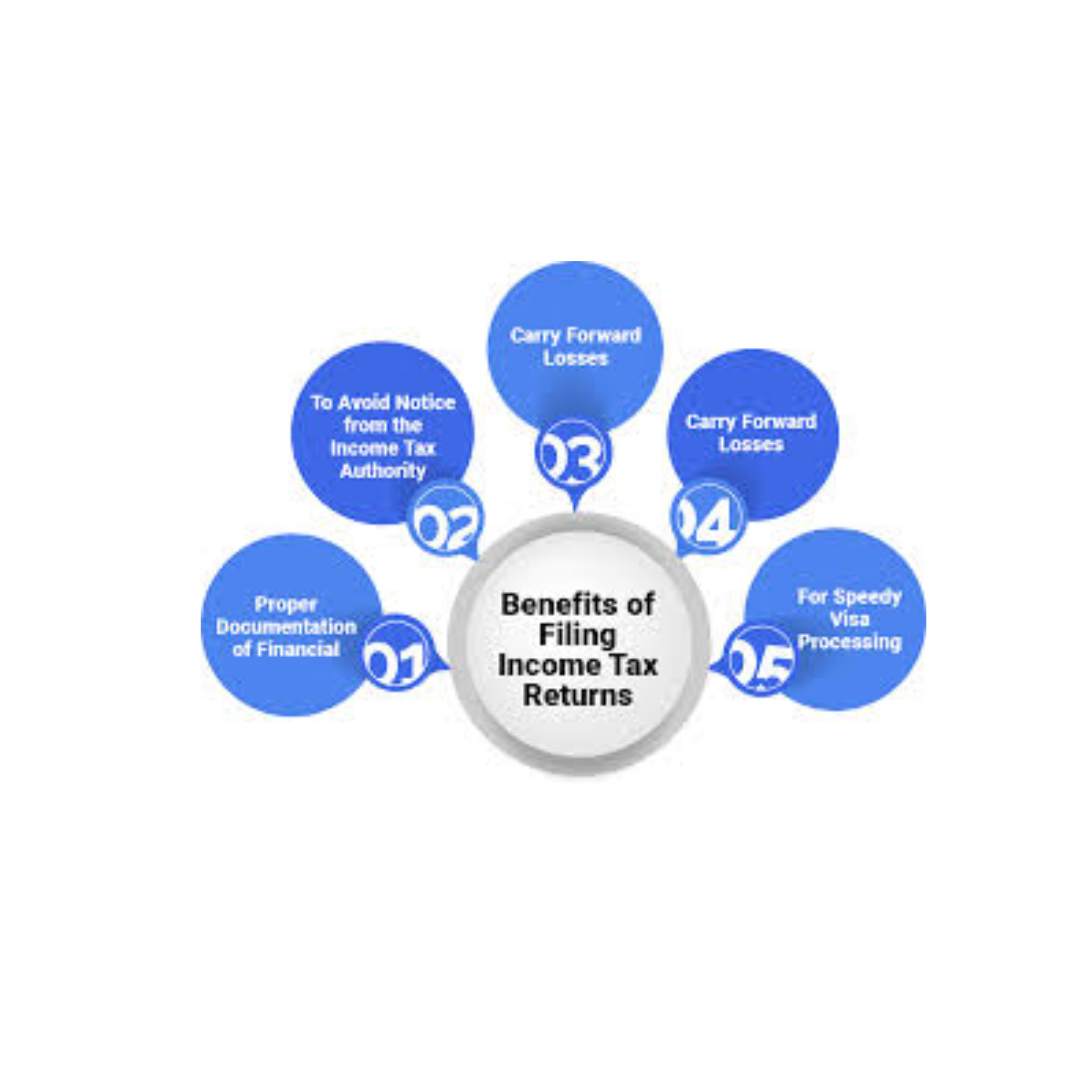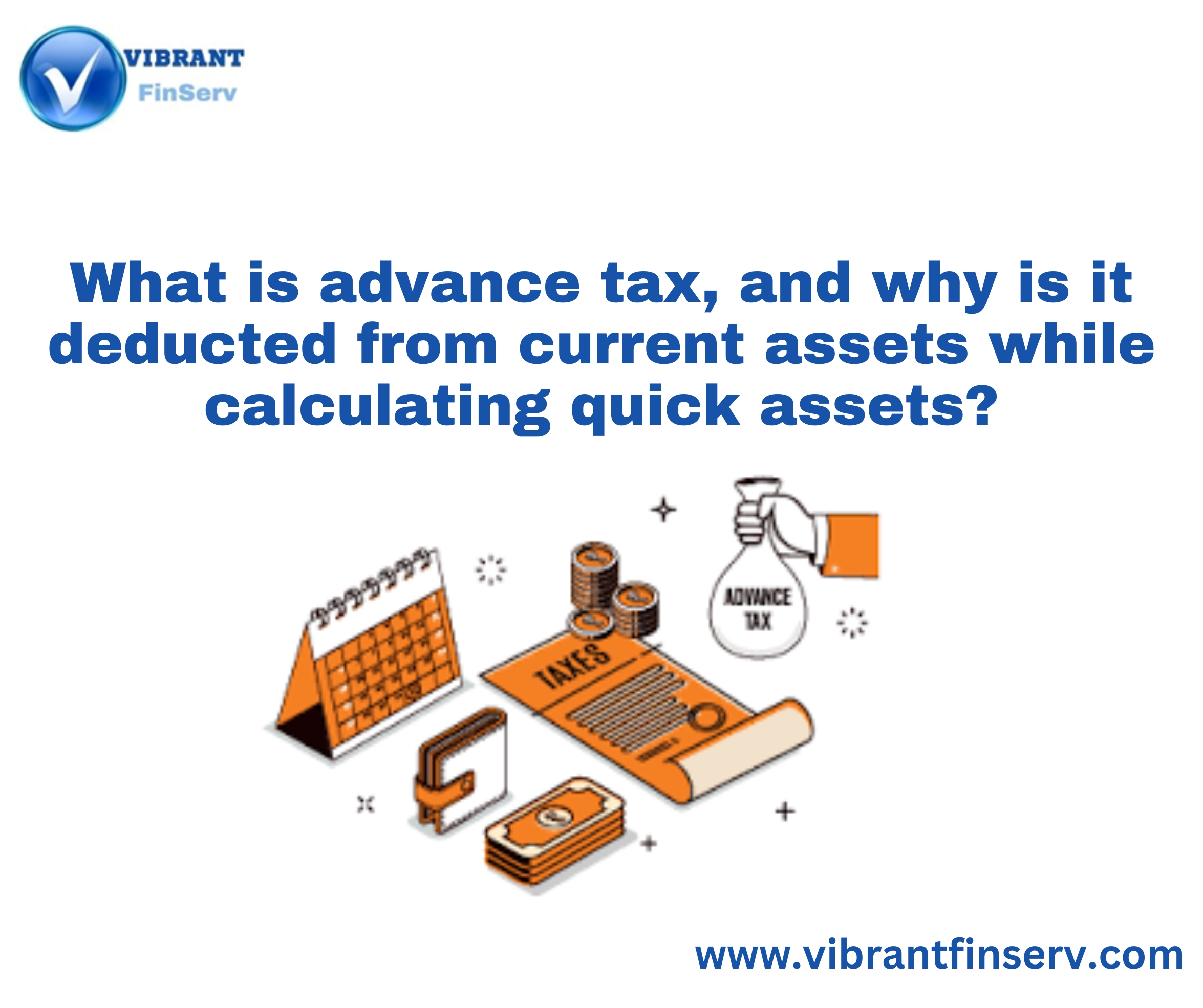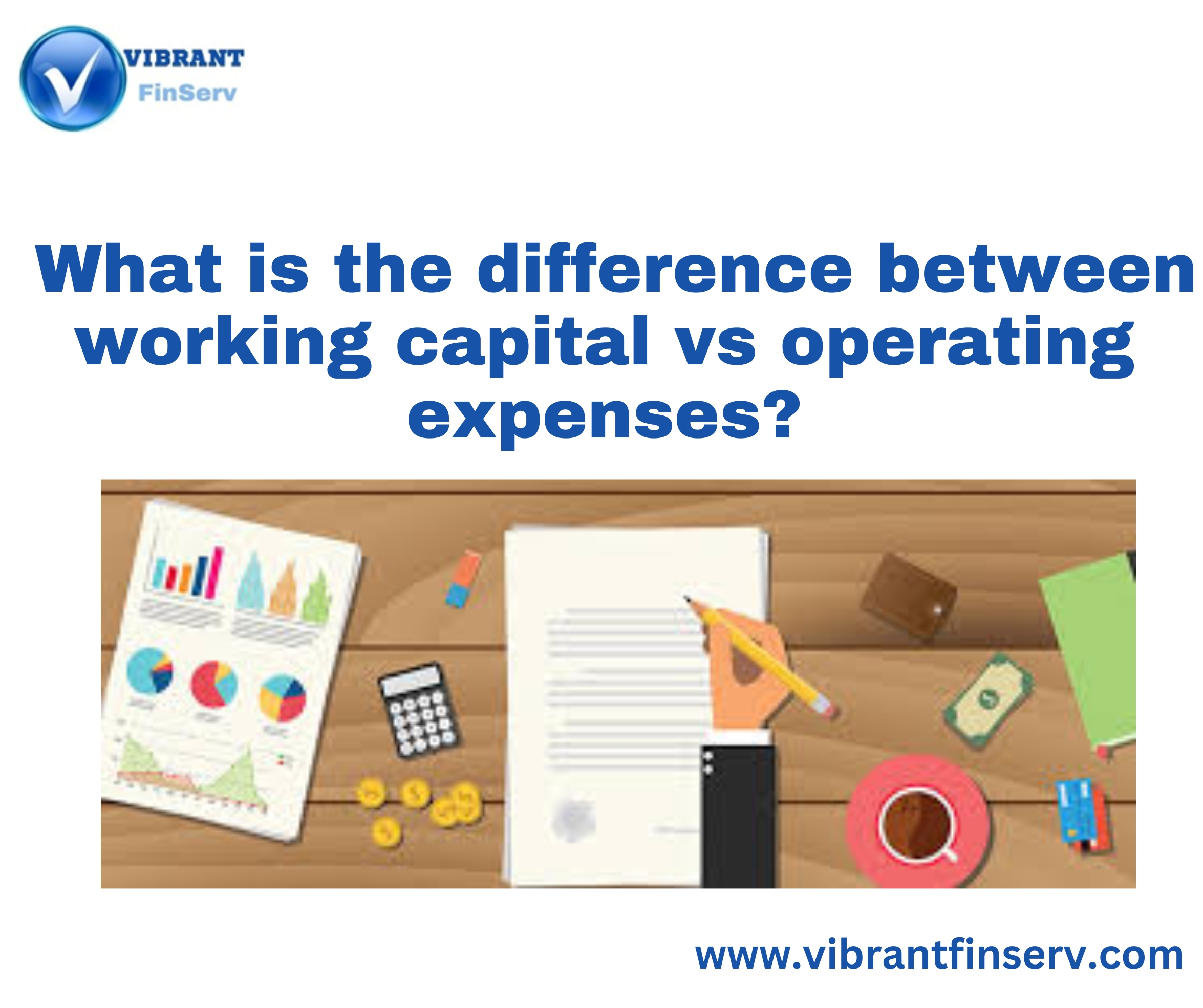Why is provision for depreciation not an expense?
Why is provision for depreciation not an expense Provision for depreciation is not considered as an expense but rather as a gradual reduction in the value of an asset over its useful life. Unlike immediate expensing, depreciation allows for the allocation of an asset’s cost over time. To visit- https://www.mca.gov.in/ Depreciation represents the decrease in… Read More »









